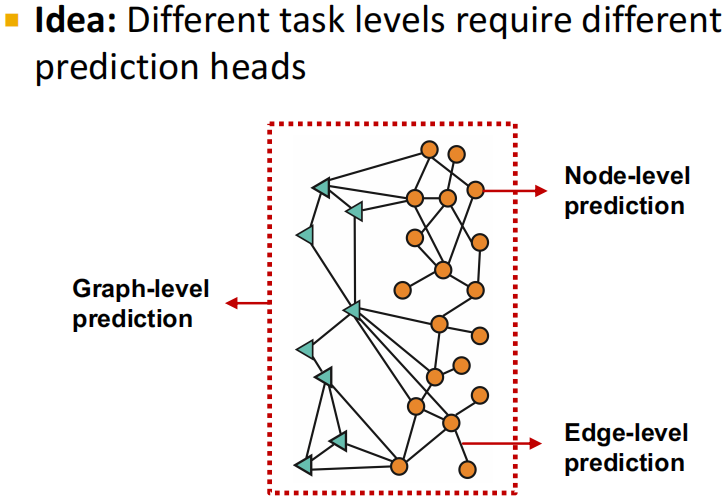|
In today's digital era, data has become a valuable asset driving the growth and innovation of various industries. However, the increasing reliance on data collection and analysis has raised concerns about the ethical implications surrounding its use. This article explores the significance of data ethics and highlights the need for responsible practices to ensure the fair and equitable treatment of individuals and society as a whole. Data ethics refers to the moral principles and guidelines that govern the collection, storage, processing, and sharing of data. With the advent of emerging technologies such as artificial intelligence (AI), machine learning, and big data analytics, organizations have gained unprecedented access to vast amounts of personal information. While this data can offer valuable insights and improve decision-making, it also carries potential risks if mishandled or misused. One of the primary reasons data ethics is crucial is the potential for privacy breaches and unauthorized access. Personal data, including sensitive information like financial records, medical history, and biometric data, must be protected from unauthorized disclosure or misuse. Ethical considerations demand that organizations implement robust security measures to safeguard data and ensure individuals' privacy rights are respected. Furthermore, data ethics plays a vital role in combating biases and discrimination in algorithmic decision-making systems. AI algorithms are trained on historical data, which may contain inherent biases and prejudices. If these biases are not addressed, AI systems can perpetuate discriminatory outcomes, reinforcing existing societal inequalities. Ethical data practices involve actively identifying and mitigating bias in algorithms, promoting fairness, transparency, and accountability in decision-making processes. Another critical aspect of data ethics is informed consent and individual autonomy. Individuals should have control over their personal data and be provided with clear and understandable information about how their data will be used. Consent should be obtained freely and without coercion, allowing individuals to make informed decisions about their data's collection and processing. Organizations should prioritize obtaining explicit consent and offer users meaningful choices regarding data sharing and retention. Moreover, data ethics extends beyond individual privacy and fairness concerns to encompass broader societal impacts. Organizations have a responsibility to consider the potential consequences of their data-driven actions on various stakeholders, including vulnerable populations and marginalized communities. This entails analyzing the potential social, economic, and political implications of data use and making decisions that prioritize the collective well-being. In conclusion, data ethics is integral to responsible and sustainable technological advancements. By embracing ethical practices, organizations can build trust, foster innovation, and ensure that data-driven technologies benefit society as a whole. It is imperative for policymakers, industry leaders, and individuals to collaborate in establishing clear guidelines and frameworks that promote data ethics. Only through such collective efforts can we harness the power of data while upholding fundamental values of fairness, privacy, and respect for human dignity.  |
